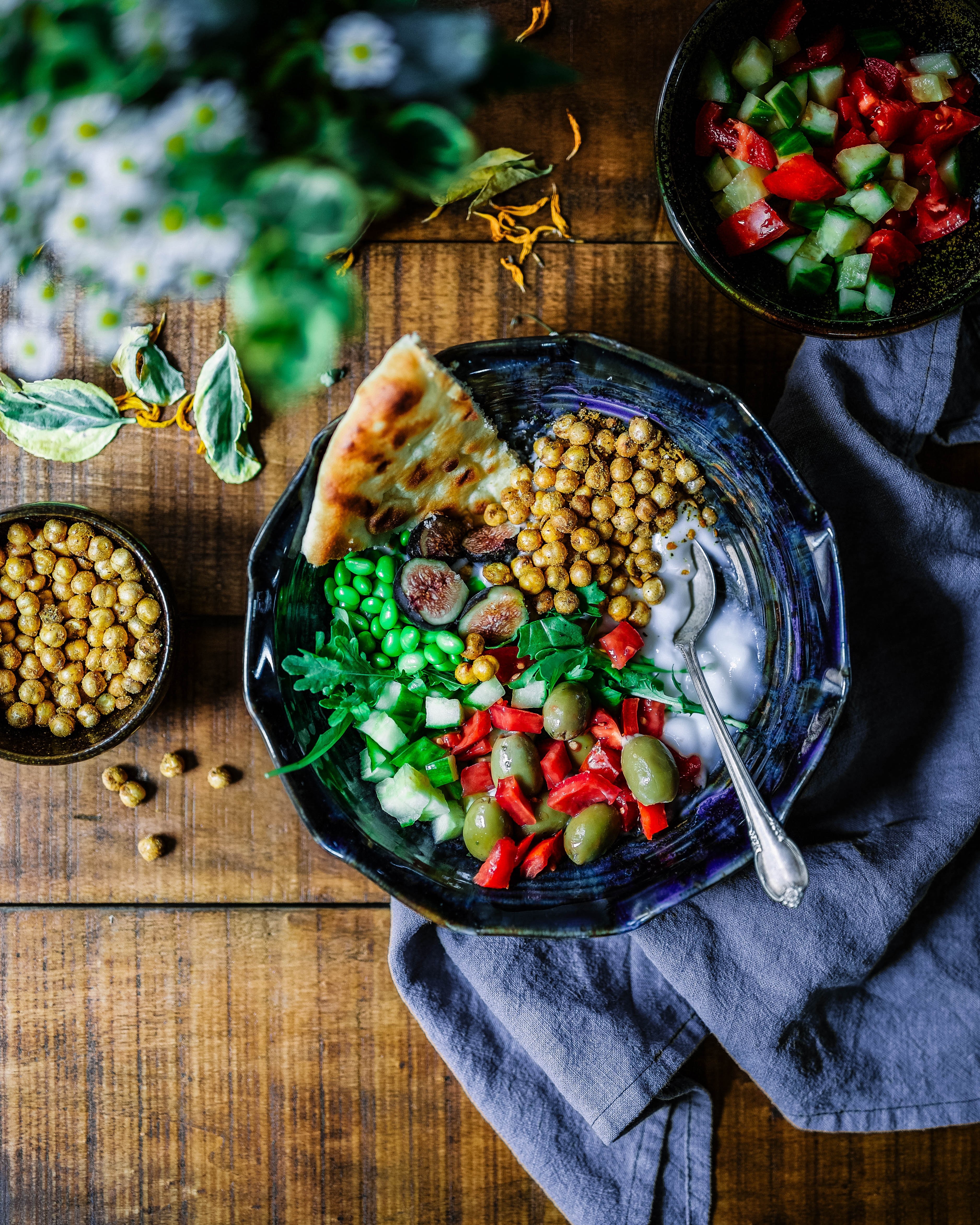Vegetarian Diet: Staying Healthy and Well
Chapter 1: Inner Intelligence
By Pip Atherstone-Reid
This book is designed to introduce you to some different Traditional dietary principles that may help you to either transition to a Vegetarian diet or to improve your already existing Vegetarian diet. It is not a comprehensive read by any means and I encourage you to explore the different principles that you resonate with in more depth. But I am hoping that it is a kitchen manual that will help to inspire a deeper understanding of how the body works and what foods to eat from a more ancient understanding.
Before the discovery of vitamins, minerals and amino acids, humans understood their food according to the nature of foods, the seasons, climate and their own individual physical and mental needs. They tuned into the inner intelligence of their body and nature to deeply listen to what it was they needed and when. I encourage you to always filter information you receive through your inner intelligence. “How does this make my body feel when I eat it?” “Does this differ when I am feeling stressed versus when I am feeling relaxed?” “Am I eating or craving this due to habit or addiction, or does it really serve me?” These questions, at first, may not have a definitive answer but as you tune in and listen deeply the answer will become clearer. Soon you will become your own dietician, eating and feeling your way to health.
We must also understand that in the West we do have a tendency to define something that is good for us as a ‘super food’ or a NEW best thing and decide that we must eat that every day, all year around. Contrary to popular belief, eating an apple a day does not keep the doctor away and for some body types it can end in a sore tummy. It is best to eat in moderation, eating a little bit of everything.
Another tip is to eat foods that are grown in season and also locally. This is taking advantage of the intelligence of Mother Nature, as often the foods are perfectly grown to help balance your own body through the season. For example, summer fruits tend to be cooling to help you regulate your body temperature.
I encourage you to consider the following:
- Eat foods that vary in colour, as well as eating a variety of flavours in balance with your Dosha or body type. When you shop, choose vegetables and fruits you wouldn’t normally buy to keep your diet varied.
- Buy Organics, if possible to avoid chemical build up from pesticides. It is better for you and the environment and they are often seasonal and have a richer, deeper flavour.
- Eat three meals a day with breakfast being the largest and dinner the lightest. Eat as early as possible before bed to allow for better digestion.
- Try not to snack in between meals, especially if you feel your body is not digesting well. Your stomach needs 3-4 hours to digest the food and properly empty into your intestine.
- Avoid processed foods especially sugar, there are plenty of fruits and vegetables that are sweet and nutritious for us. The less processed sugar we eat the more we become sensitive to and enjoy the natural sugars & flavours in our food.









Leave A Comment